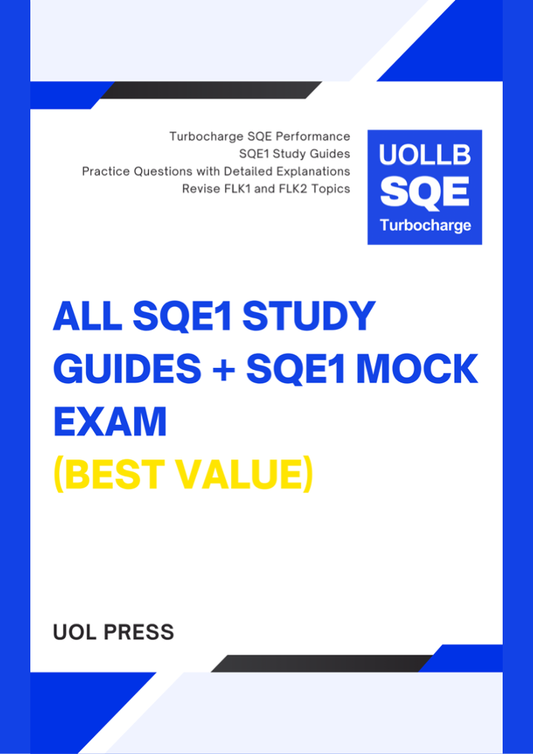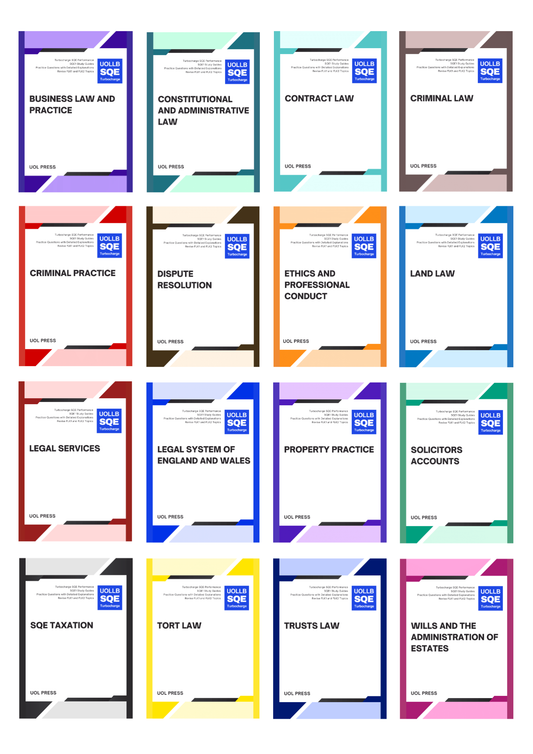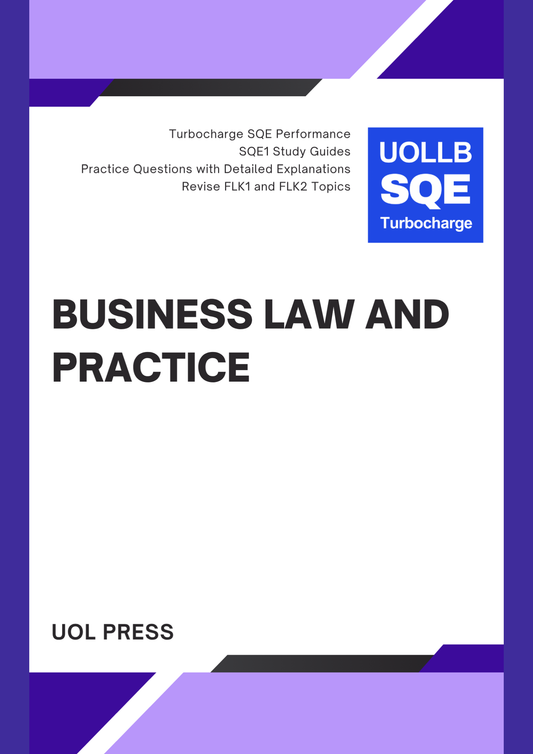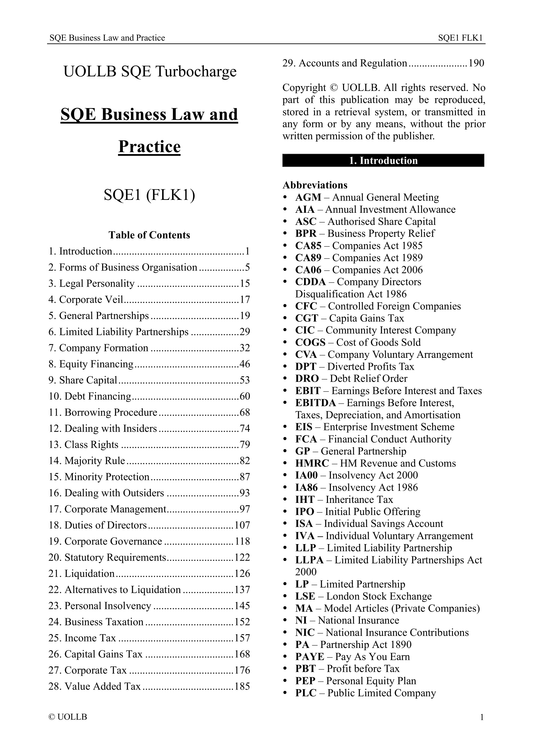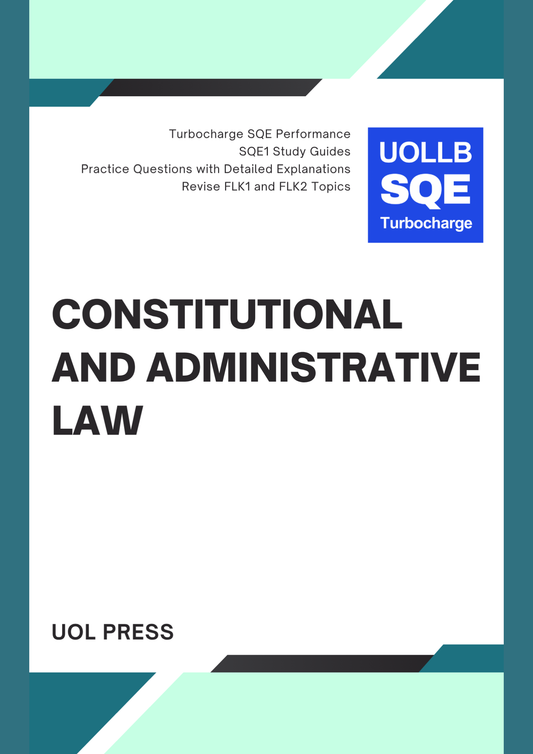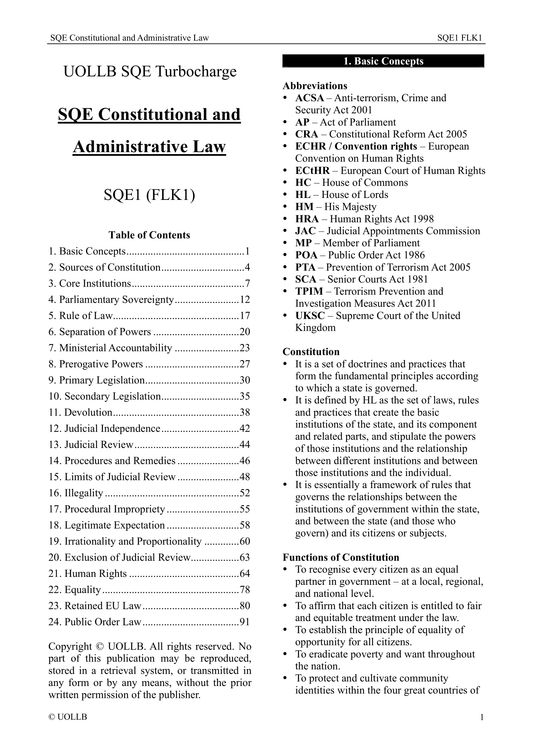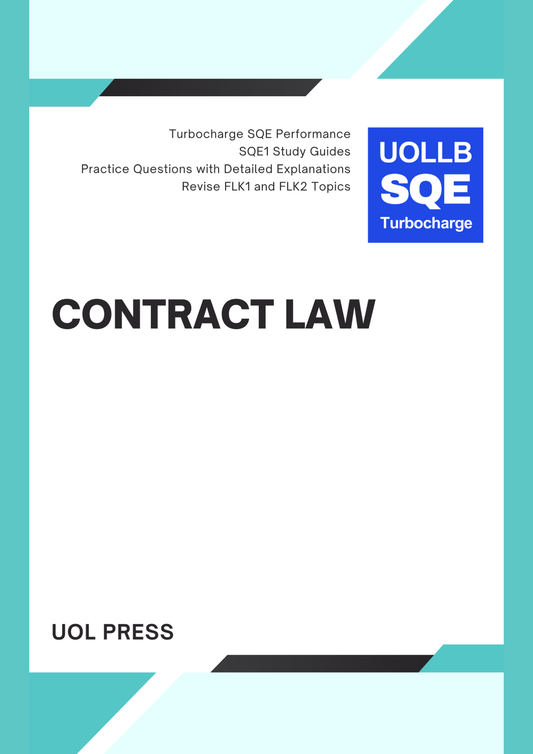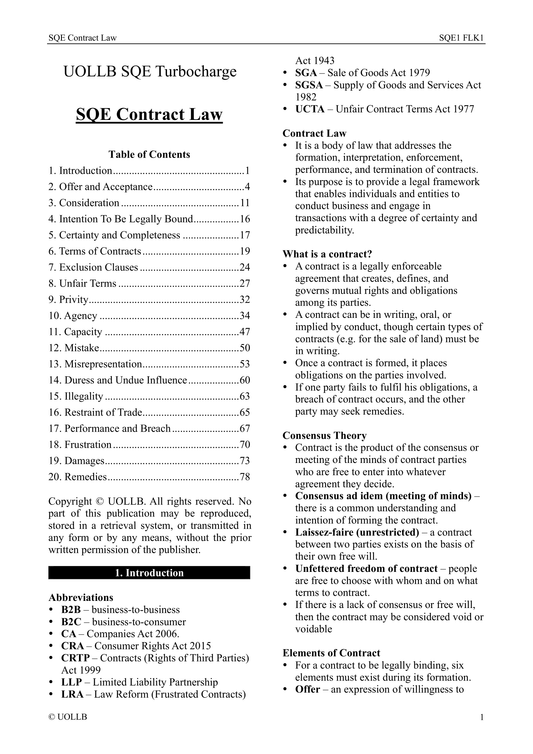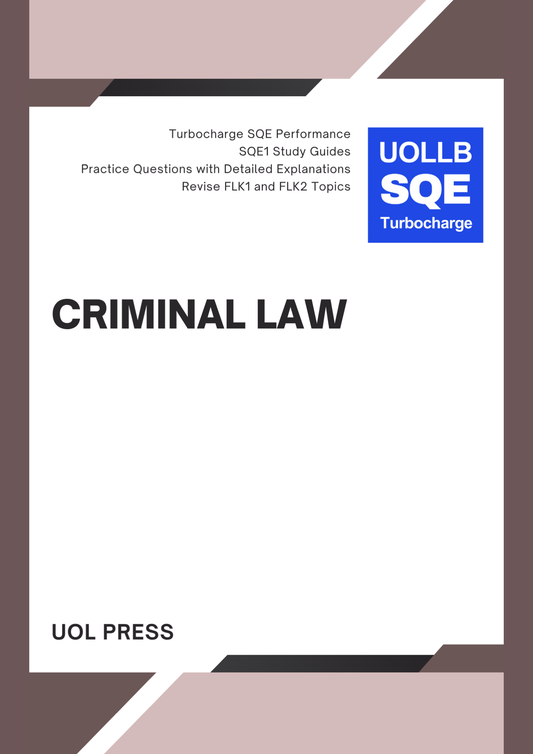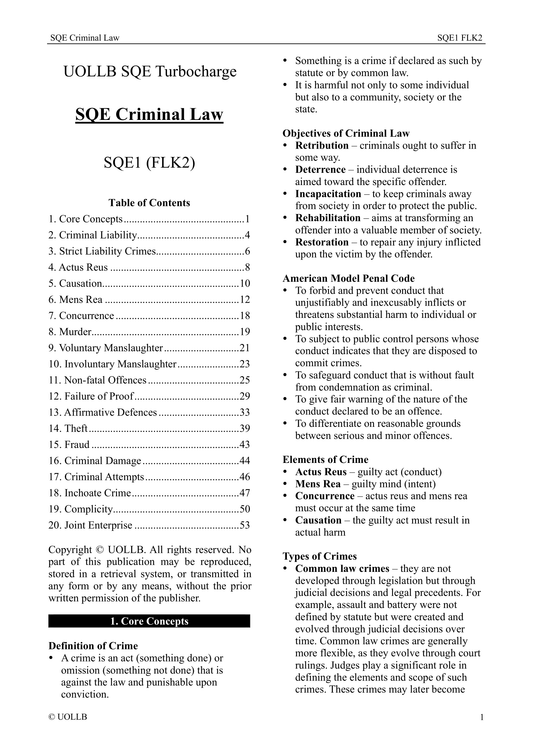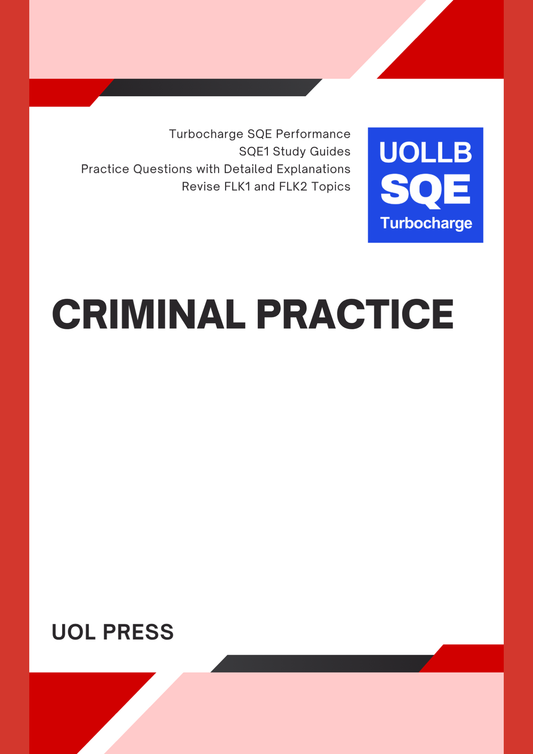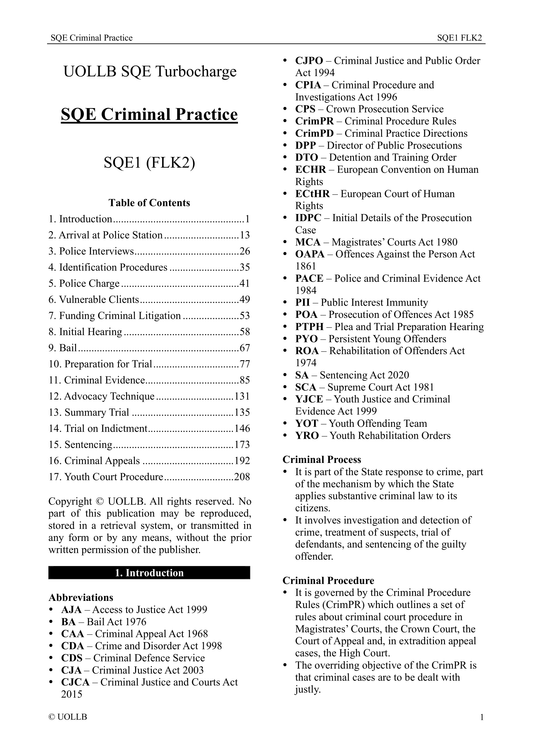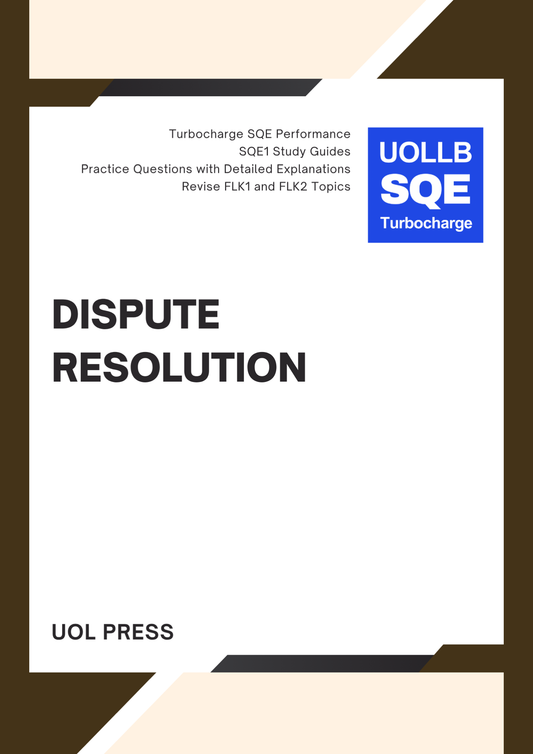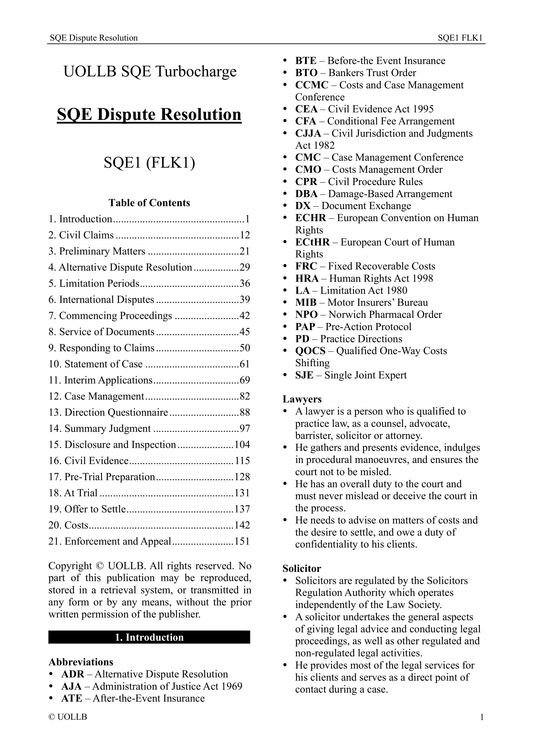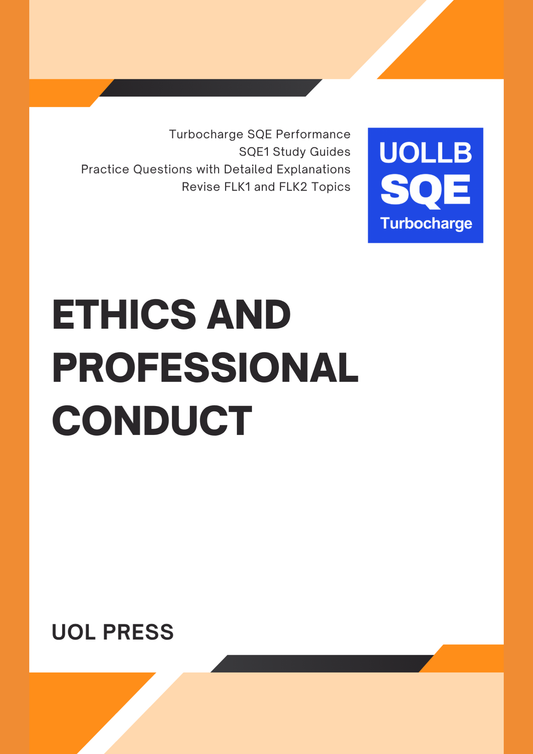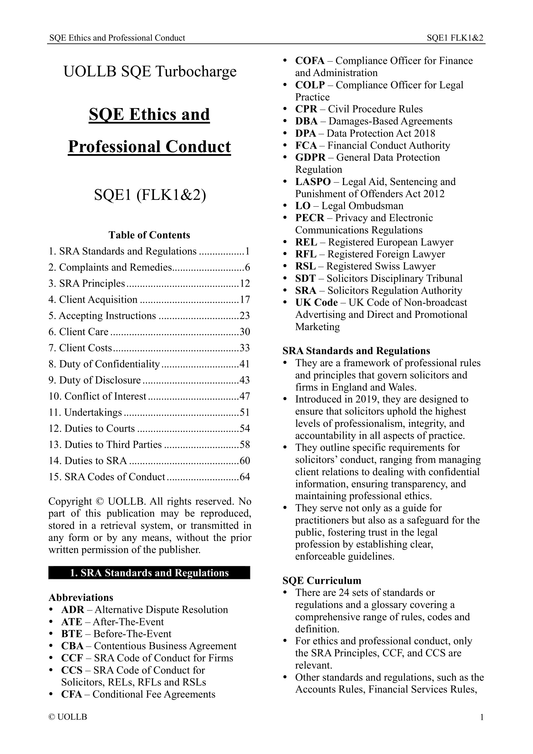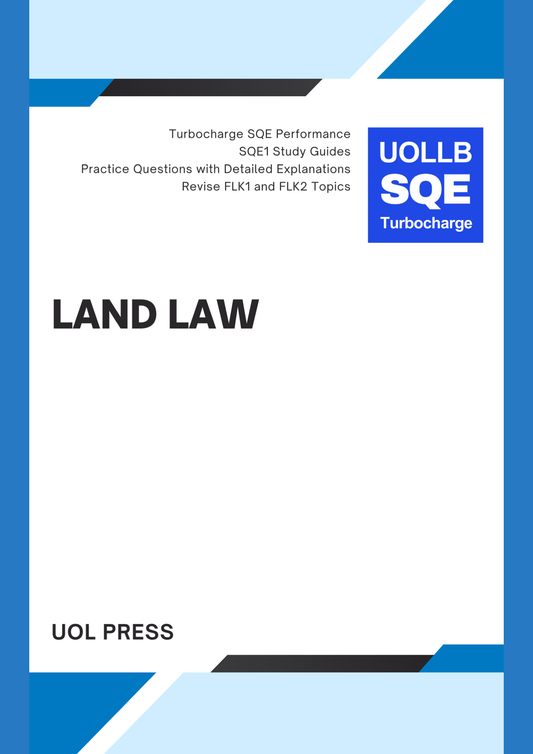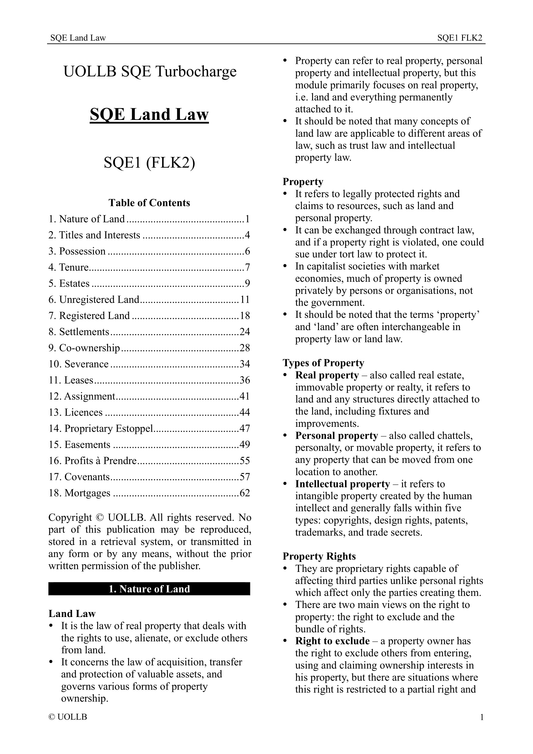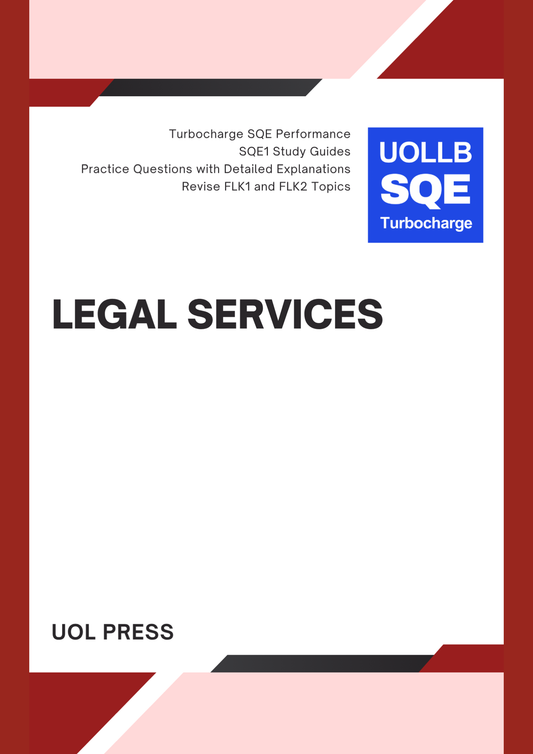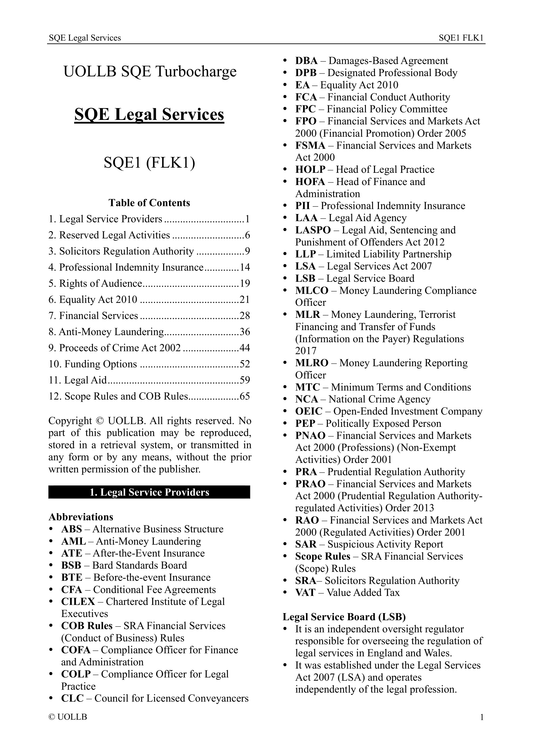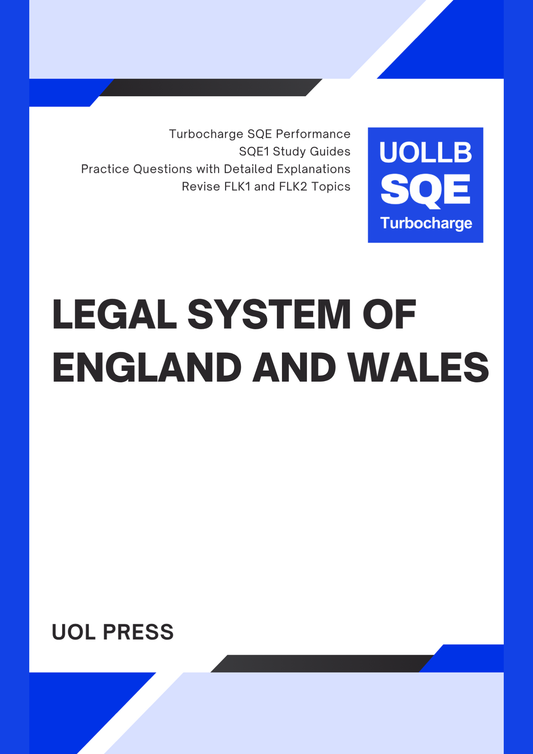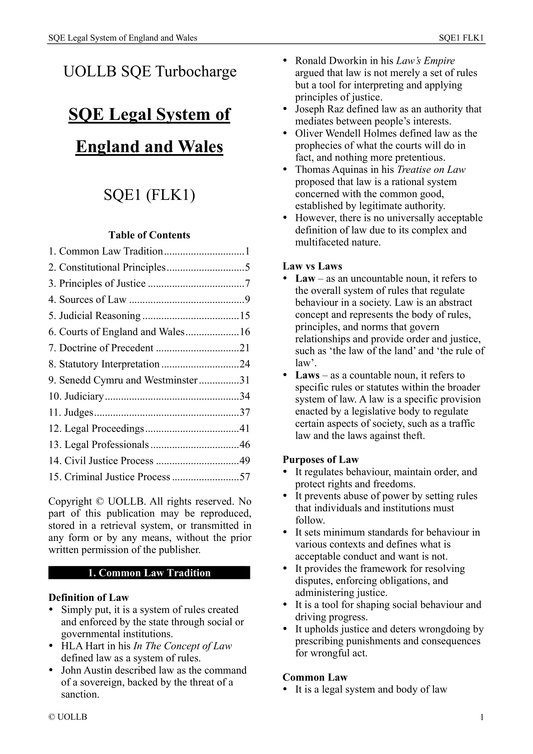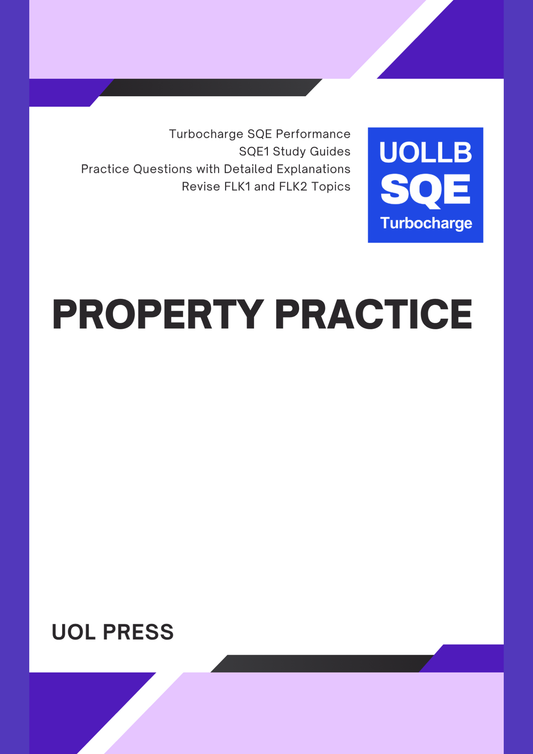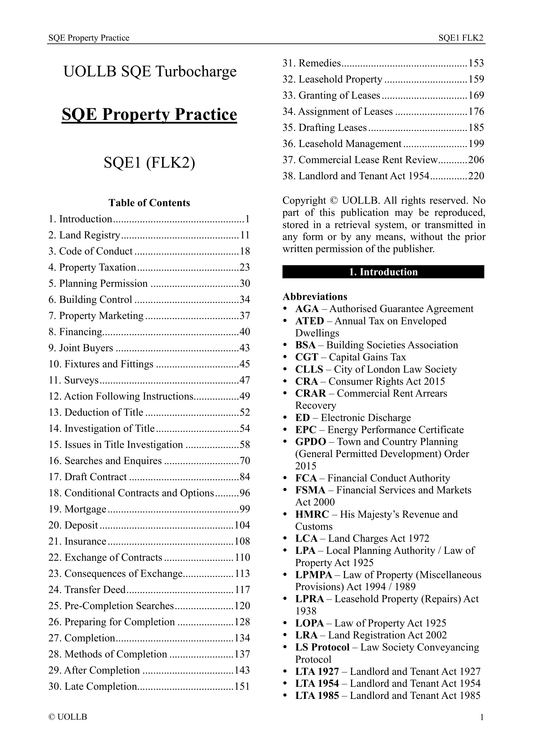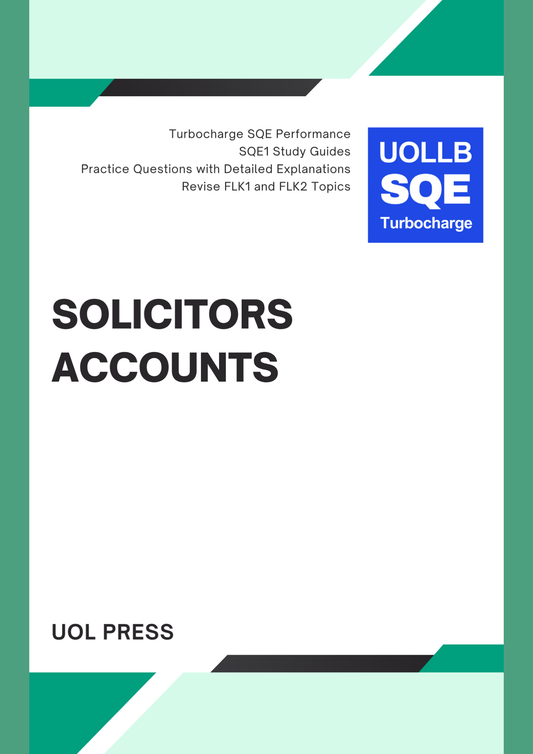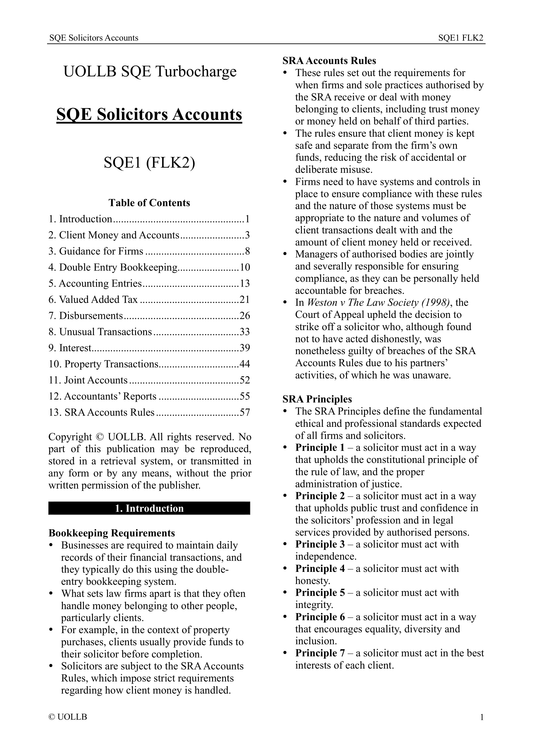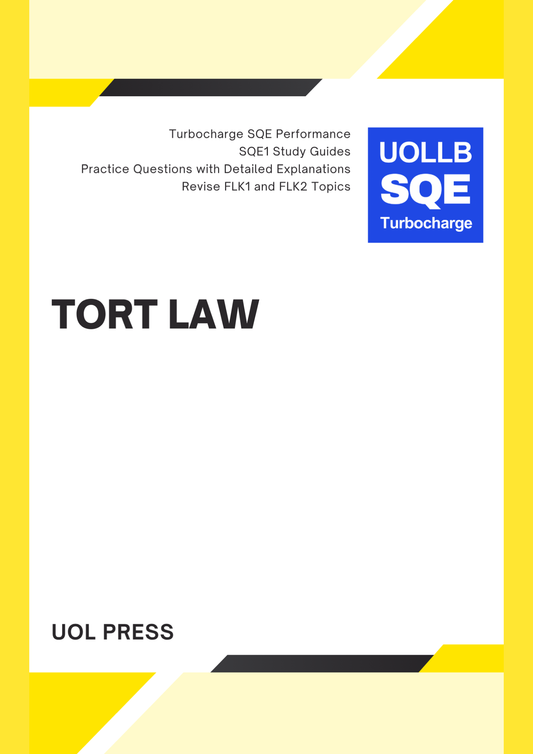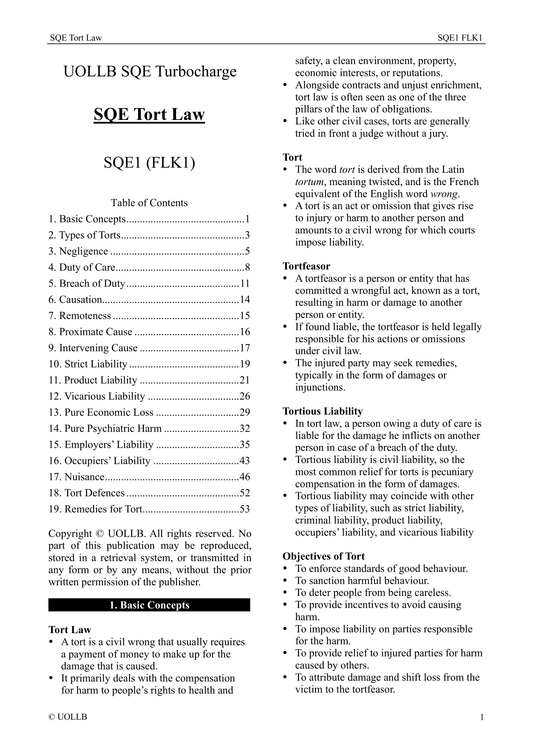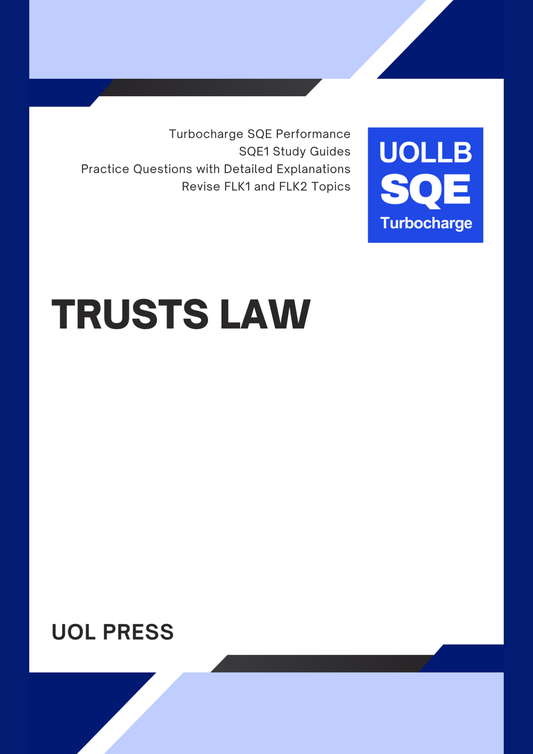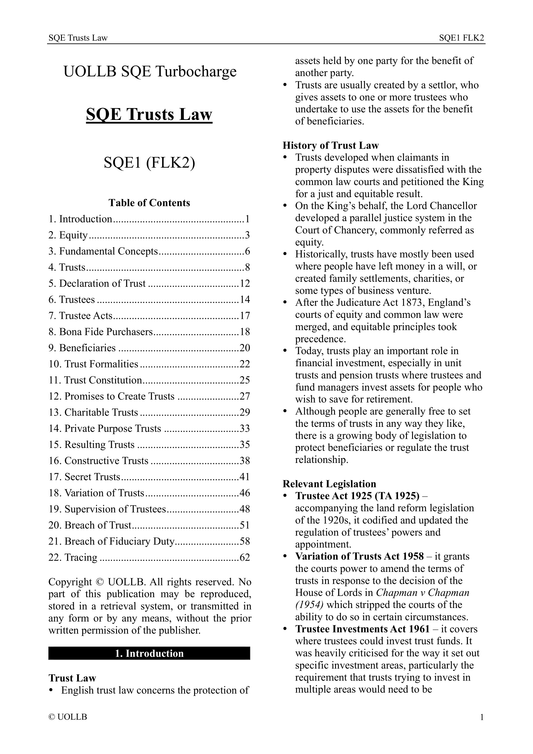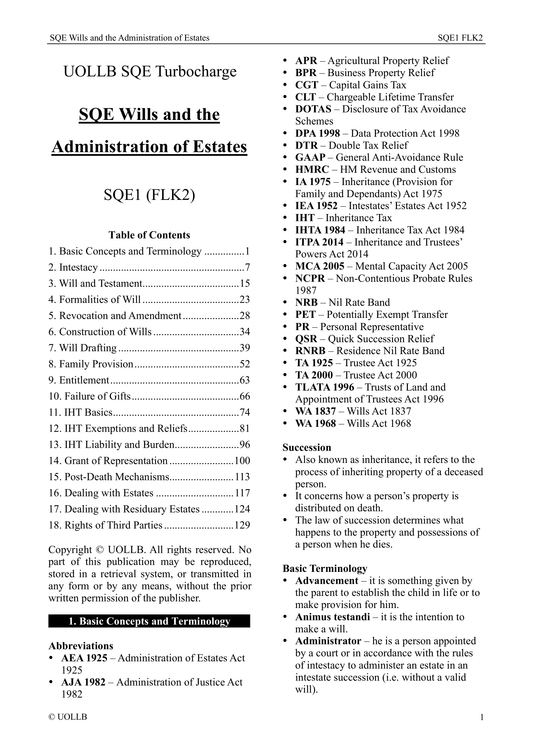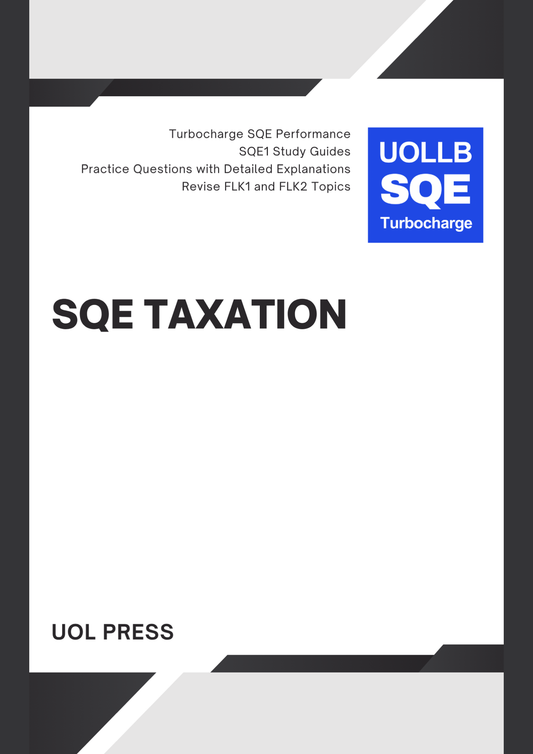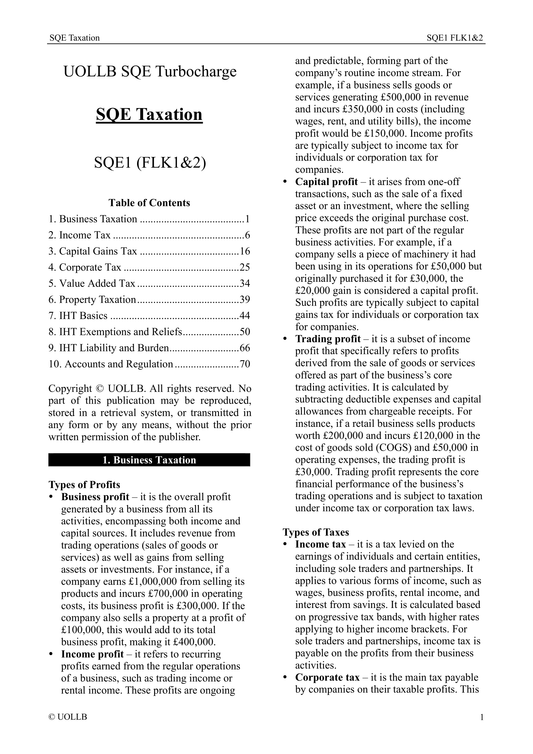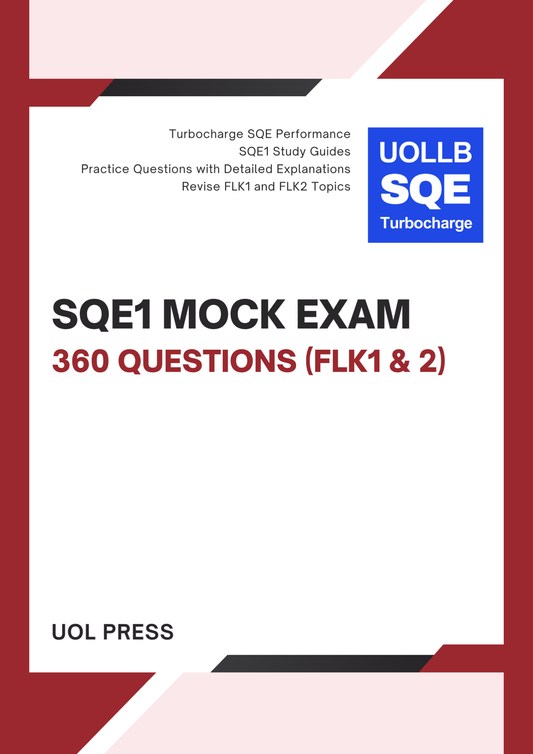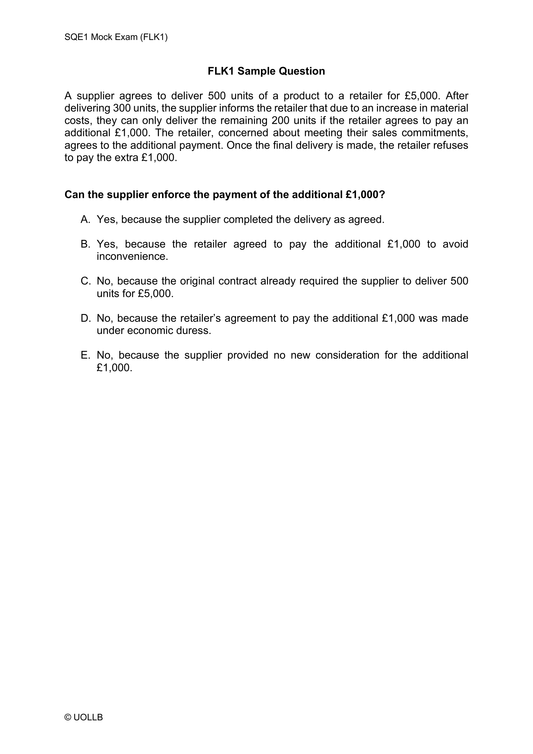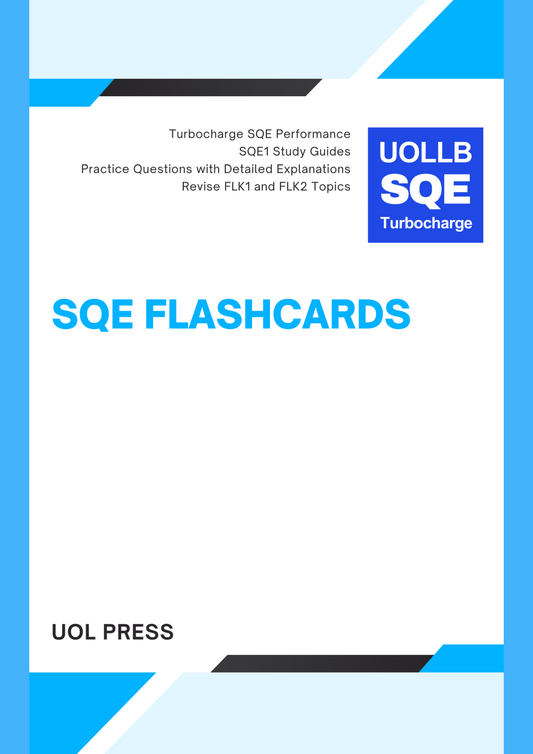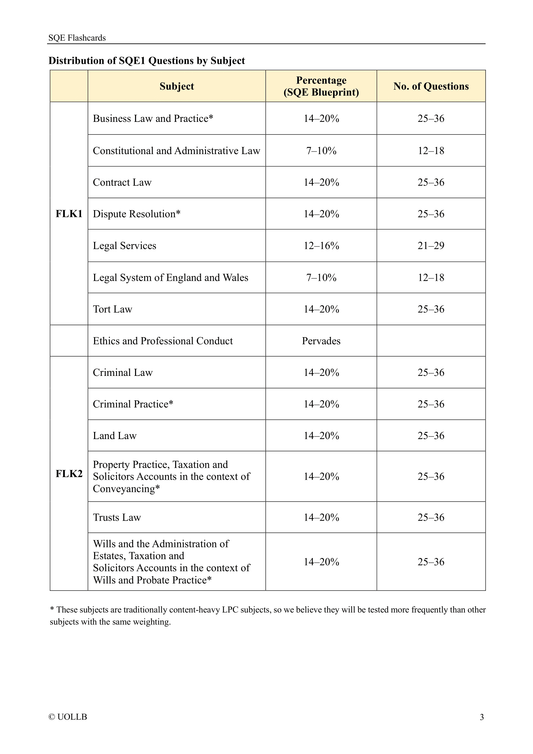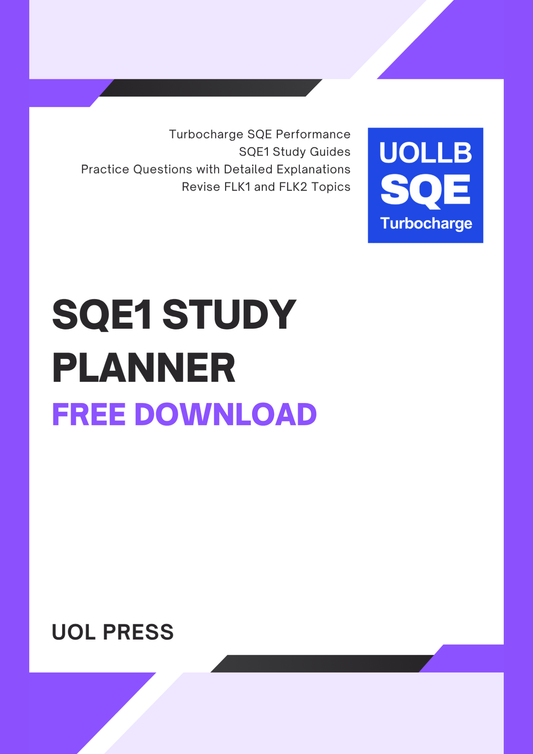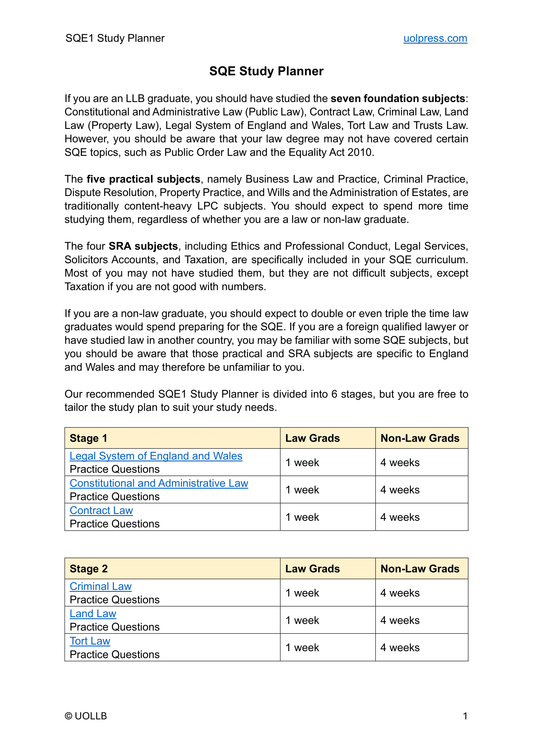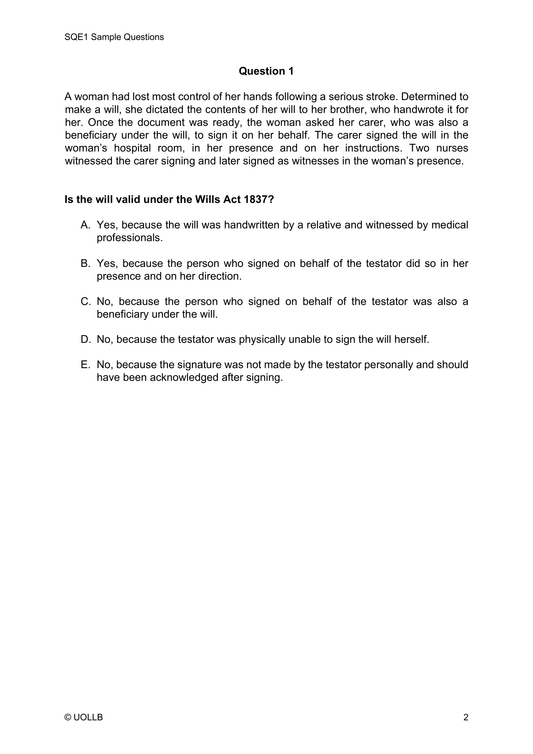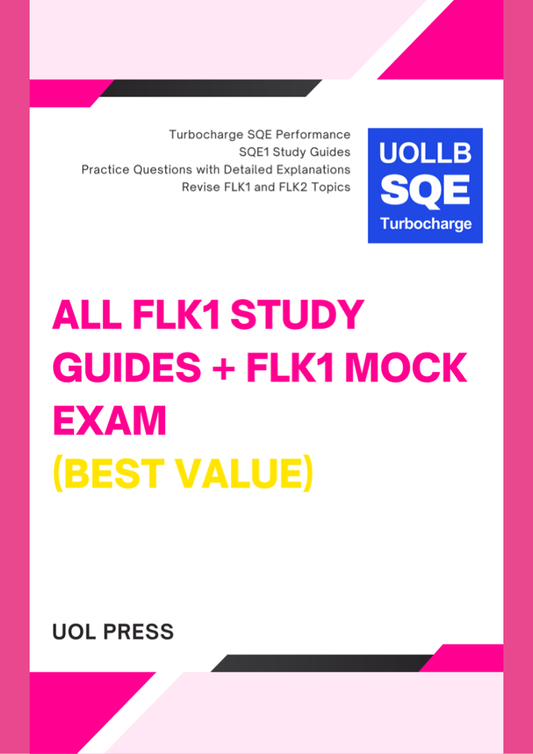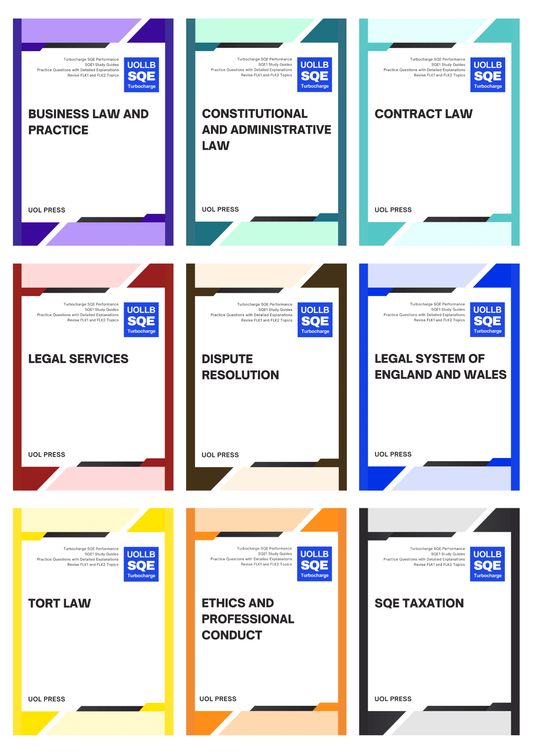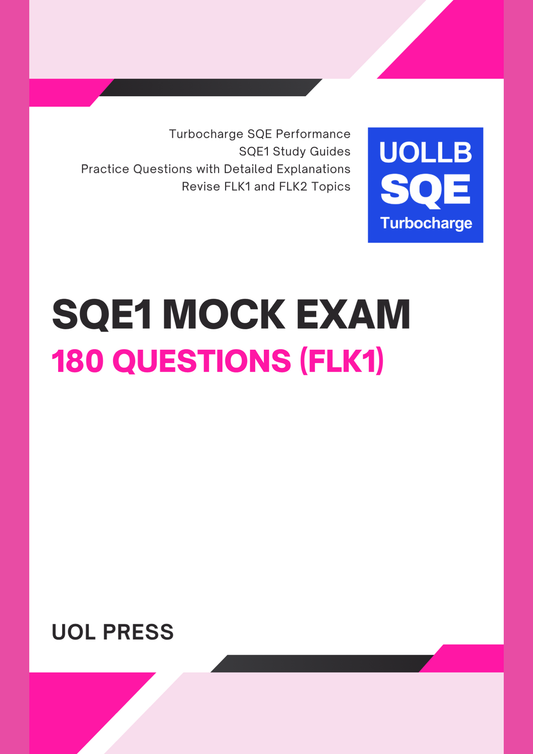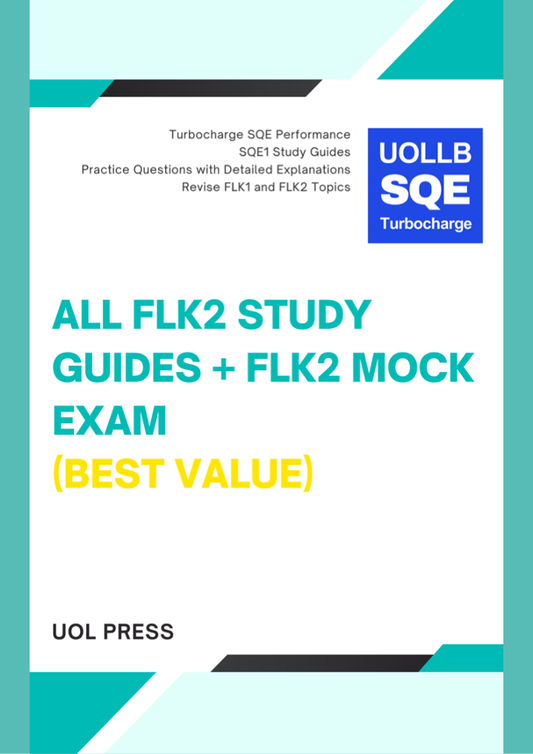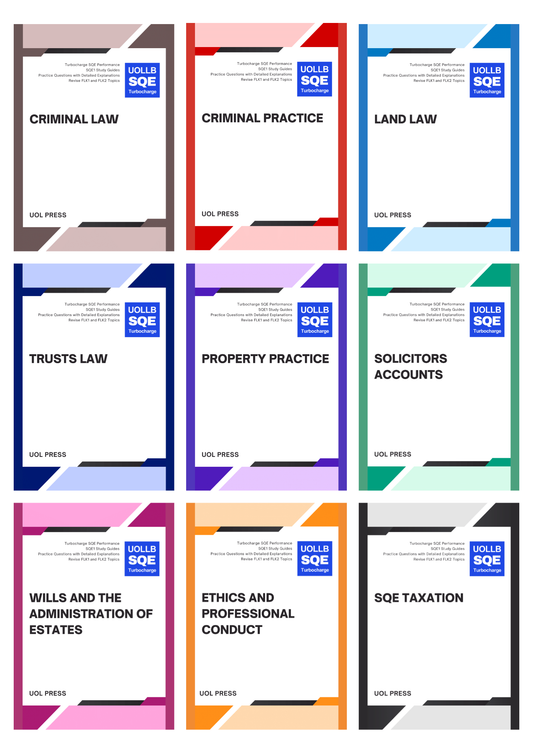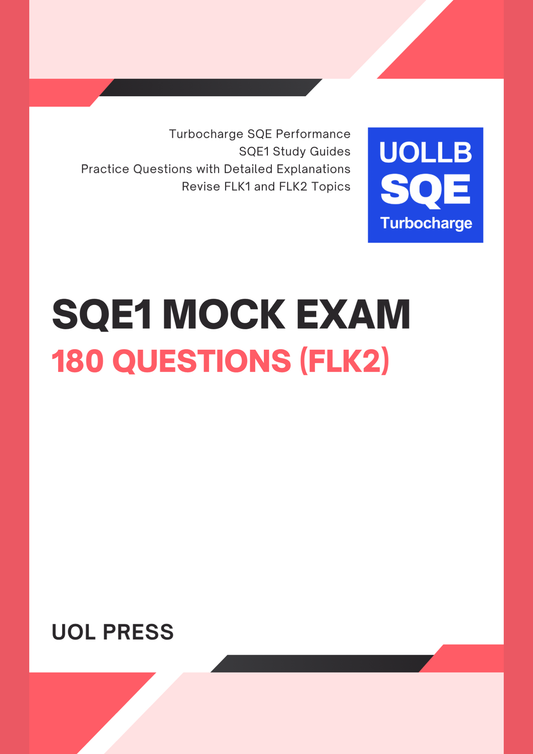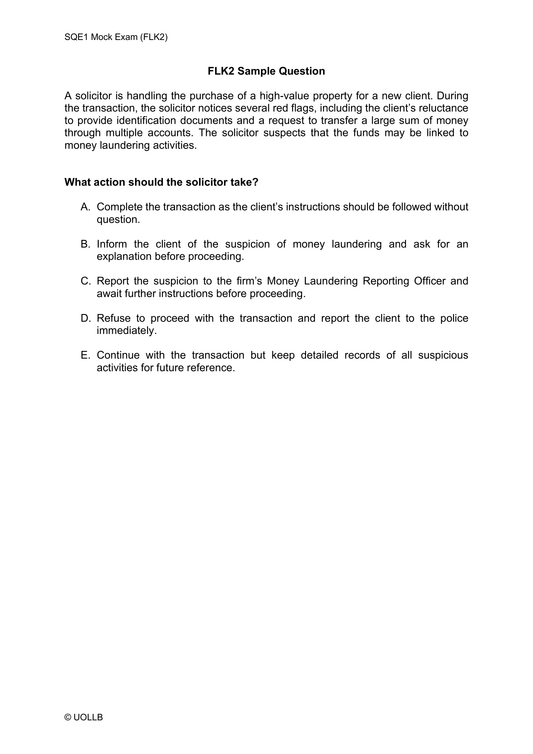Training Contract vs QWE
Share
Aspiring solicitors in England and Wales must complete a practical work-based training stage as part of their journey to qualification. Traditionally, this has been achieved through a training contract, a two-year structured programme within a law firm or other legal organisation. However, the introduction of the SQE in 2021 brought a new, more flexible alternative: Qualifying Work Experience (QWE).
The training contract has long been a compulsory stage of solicitor training under the LPC route. It is a structured, full-time placement, typically lasting two years, during which trainees work at a law firm or other approved organisation. The training contract is highly formalised and must meet specific requirements set by the Solicitors Regulation Authority. Trainees rotate through different departments, known as seats, to gain experience in various areas of law, such as litigation, property, or corporate law. This rotational model ensures that trainees develop a broad understanding of legal practice and the practical skills necessary for qualification.
However, securing a training contract is often one of the most challenging aspects of the LPC route. The number of contracts available is limited, with large law firms often offering the majority of opportunities. The competitive nature of the process means many aspiring solicitors face rejection or delays in their career progression. Moreover, training contracts often require a long-term commitment to a single firm, which can limit exposure to diverse work environments.
In contrast, QWE was introduced with the SQE to provide greater flexibility and accessibility for aspiring solicitors. QWE allows you to gain the necessary work experience in up to four different organisations, including law firms, in-house legal teams, legal clinics, or even charities offering legal services. This flexible approach accommodates a wider range of experiences and makes it possible for you to tailor your work experience to your interests and career goals.
One of the key differences between QWE and a training contract lies in the level of formal structure. While training contracts are highly regulated and must include specific components like seat rotations, QWE is less prescriptive. The SRA requires only that the experience involve exposure to legal work and supervision by a qualified solicitor or equivalent professional. This means candidates have more freedom to gain experience in non-traditional legal settings, such as working for a start-up’s legal department or volunteering at a pro bono clinic.
Another notable distinction is the requirement for a single employer. In a training contract, trainees must work for the same organisation throughout the two-year period. QWE, however, can be completed in multiple placements across different organisations. This allows you to gain varied experience in different types of legal work, providing a broader foundation for your career. For example, you might spend six months in a corporate law firm, followed by time in a human rights organisation, then in an in-house legal team, and finally at a legal aid clinic. This diversity can enhance your skills and knowledge while also exposing you to different professional environments.
Flexibility in timing is another advantage of QWE. While training contracts must typically be completed in a continuous two-year period, QWE can be undertaken at any time—before, during, or after passing the SQE assessments. This allows you to balance your studies, work commitments, and personal circumstances more effectively. For example, you might complete part-time QWE alongside studying for the SQE, making the process more manageable and affordable.
Despite its flexibility, QWE also comes with fewer guarantees compared to a training contract. Training contracts often include a clear pathway to qualification and, in many cases, employment upon completion. In contrast, QWE does not automatically lead to a job offer, leaving candidates to navigate their own career progression after completing the SQE.
The training contract has long been a compulsory stage of solicitor training under the LPC route. It is a structured, full-time placement, typically lasting two years, during which trainees work at a law firm or other approved organisation. The training contract is highly formalised and must meet specific requirements set by the Solicitors Regulation Authority. Trainees rotate through different departments, known as seats, to gain experience in various areas of law, such as litigation, property, or corporate law. This rotational model ensures that trainees develop a broad understanding of legal practice and the practical skills necessary for qualification.
However, securing a training contract is often one of the most challenging aspects of the LPC route. The number of contracts available is limited, with large law firms often offering the majority of opportunities. The competitive nature of the process means many aspiring solicitors face rejection or delays in their career progression. Moreover, training contracts often require a long-term commitment to a single firm, which can limit exposure to diverse work environments.
In contrast, QWE was introduced with the SQE to provide greater flexibility and accessibility for aspiring solicitors. QWE allows you to gain the necessary work experience in up to four different organisations, including law firms, in-house legal teams, legal clinics, or even charities offering legal services. This flexible approach accommodates a wider range of experiences and makes it possible for you to tailor your work experience to your interests and career goals.
One of the key differences between QWE and a training contract lies in the level of formal structure. While training contracts are highly regulated and must include specific components like seat rotations, QWE is less prescriptive. The SRA requires only that the experience involve exposure to legal work and supervision by a qualified solicitor or equivalent professional. This means candidates have more freedom to gain experience in non-traditional legal settings, such as working for a start-up’s legal department or volunteering at a pro bono clinic.
Another notable distinction is the requirement for a single employer. In a training contract, trainees must work for the same organisation throughout the two-year period. QWE, however, can be completed in multiple placements across different organisations. This allows you to gain varied experience in different types of legal work, providing a broader foundation for your career. For example, you might spend six months in a corporate law firm, followed by time in a human rights organisation, then in an in-house legal team, and finally at a legal aid clinic. This diversity can enhance your skills and knowledge while also exposing you to different professional environments.
Flexibility in timing is another advantage of QWE. While training contracts must typically be completed in a continuous two-year period, QWE can be undertaken at any time—before, during, or after passing the SQE assessments. This allows you to balance your studies, work commitments, and personal circumstances more effectively. For example, you might complete part-time QWE alongside studying for the SQE, making the process more manageable and affordable.
Despite its flexibility, QWE also comes with fewer guarantees compared to a training contract. Training contracts often include a clear pathway to qualification and, in many cases, employment upon completion. In contrast, QWE does not automatically lead to a job offer, leaving candidates to navigate their own career progression after completing the SQE.
